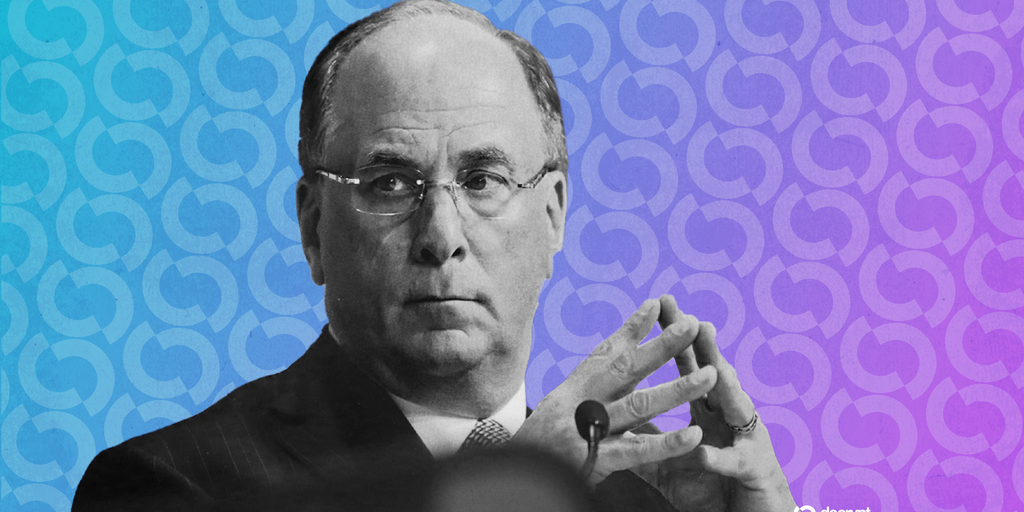Larry Fink, CEO of BlackRock, shares insights into the transformative evolution of cryptocurrency and tokenization, highlighting their growing role in the global financial system.
Morning Minute: Larry Fink Says Crypto and Tokenization Are Just Beginning
Estimated Reading Time: 5 minutes
Main Points
- Tokenization is disrupting traditional finance by digitizing assets for greater liquidity and transparency.
- BlackRock’s actions, including a Bitcoin spot ETF application, signal growing institutional confidence in cryptocurrency.
- Clear regulatory frameworks are crucial for mainstream adoption of crypto and tokenization.
- Crypto and blockchain technologies are bridging gaps, modernizing industries, and enabling global innovation.
- Collaboration between governments and private sectors is essential to foster innovation and inclusivity.
The Early Era of Financial Evolution: Crypto and Tokenization
*In a pivotal moment for technology and finance*, Larry Fink, Chairman and CEO of BlackRock, described cryptocurrency and tokenization as being at the very start of their evolution. He compared these innovations to the dawn of a significant financial revolution, reflecting optimism for their transformative potential in reshaping the global financial landscape.
What is Tokenization, and Why is It Important?
Tokenization refers to using blockchain technology to digitize assets, allowing stocks, bonds, real estate, and other resources to be represented as digital tokens on a secure ledger. Fink emphasized that tokenization brings unprecedented transparency, efficiency, and liquidity, particularly for traditionally illiquid assets. This creates new opportunities for smaller investors, further democratizing financial systems.
Quote: “Tokenization fosters a more inclusive financial ecosystem, opening up participation for individuals and institutions alike.”
BlackRock’s Move: Bridging Traditional Finance with Crypto
BlackRock has made notable strides into cryptocurrency. Earlier this year, the firm submitted a Bitcoin spot ETF application, which Fink considers a key step toward integrating crypto into traditional financial systems. He argued that institutional players like BlackRock hold substantial influence in building trust, which is essential for the mainstream adoption of cryptocurrencies.
*By entering the crypto space*, BlackRock signals confidence in its long-term value and potential to transform outdated financial models.
Regulation: A Path to Trust and Adoption
While some critics express concerns over regulatory uncertainty and market volatility, Fink remains optimistic. He emphasizes that clear and consistent rules are vital for fostering trust and accelerating innovation. These frameworks ensure smoother transitions from outdated systems to modern, efficient blockchain paradigms.
Key Insight: “Transformative change requires managing uncertainty and risk. Regulation is critical to enabling progress.”
The Broader Impact of Blockchain Technology
Today, crypto and blockchain are no longer limited to enthusiasts but are recognized by leading institutions. Their applications span remittances, supply chain tracking, and carbon emissions monitoring, proving their versatility beyond financial innovation. Entrepreneurs and developers are leveraging these solutions to overcome global challenges and drive technological advancements.
*Major institutions like BlackRock are paving the way for these technologies to modernize and democratize financial systems.*
Crypto as a Pillar of the Future
Larry Fink closed his remarks with a bold statement: cryptocurrency and tokenization are progressively establishing themselves as integral parts of future financial architecture. He urged governments and private institutions to collaborate extensively in advancing crypto adoption and dispelling misconceptions.
Call-to-Action: “The world must unite to build a transparent, accessible, and resilient financial ecosystem for generations to come.”
Conclusion
For investors, developers, and policymakers, Larry Fink’s insights serve as a reminder that crypto and blockchain represent powerful shifts in global finance. The time is now to understand, adapt, and innovate alongside these emerging technologies. As the landscape continues to evolve, staying informed and proactive will be integral to navigating the financial revolution.


